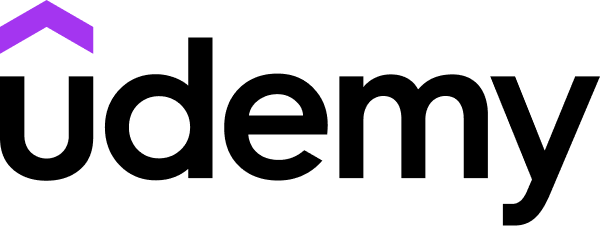Overview
What you'll learn:
- What allyship is and how it benefits allies and those they partner with
- How to be an ally AND how to partner with an ally
- How to use allyship to promote diversity and inclusion at your organization
- How to do the inner work required to be an ally or partner with an ally
- How allies and the individuals they serve can best connect across difference
- How allies can best partner with others to address inequality and change the status quo
- Actions allies can take to support their partners and amplify their voices
Are you ready to accelerate diversity, equity, &inclusion (DE&I)efforts at your organization? Are you...
...a majority group member unsure what your role is in supporting and advocating for underrepresented or disadvantaged others?
...a minority group member struggling with how to best engage allies to promote equity and social justice?
...a senior leader or HR, L&D, and/or a DE&Irepresentative wanting to build out an allyship program at your organization?
Then Ally Up is for you!
In this course, you'll learn all about how you can use allyship to create a more inclusive and fair workplace and world by effectively connecting across difference and partnering together to disrupt the status quo and build a world where EVERYONEhas an equal opportunity to thrive.
Allyship is a relationship between an ally and their partner, working together toward the shared goal of fairness, equity, and social justice. Someone shouldn't call themselves an ally, though. Only the person who benefits from an ally’s work should award this designation. Consider the word ally to be a verb. It’s not who someone is, but what they do.
An ally is someone who:
Uses their power and status...
To support and advocate for...
Someone who doesn’t share a key part of their identity. For example, male allies for women, white allies for People of Color, straight allies for LGBTQ+ individuals, and so on.
In this course, you will learn the unique roles allies and the people they serve (who I refer to as "partners")need to play to advance inclusion and equity at your company.
In section 1, you'll be introduced to the concept of allyship, why it matters, and what makes for the best ally partnerships between people across difference
In section 2, you'll do the necessary inner work required for successful ally partnerships, including checking your bias and leveraging your privilege for good
In section 3, you'll learn strategies for connecting and communicating across difference
In section 4, you'll learn how to navigate tough conversations and how to lay the ground work for ongoing, systemic change
In section 5, you'll learn about the specific actions allies and partners take
And in section 6 you'll receive a quick summary of what was covered and encouragement to continue this work moving forward
This course comes with an Allyship Playbook with reflection exercises, tools, and assessments you can use to help you in your ally partnership. Use this playbook as many times as you need for different ally relationships, whether you're in the role of the ally or the partner. I've also included comprehensive course notes with lots of great resources and additional materials to help you learn more about allyship.
There is no time like the present to start working towards a more diverse, equitable, and inclusive world through allyship, so enroll today!


